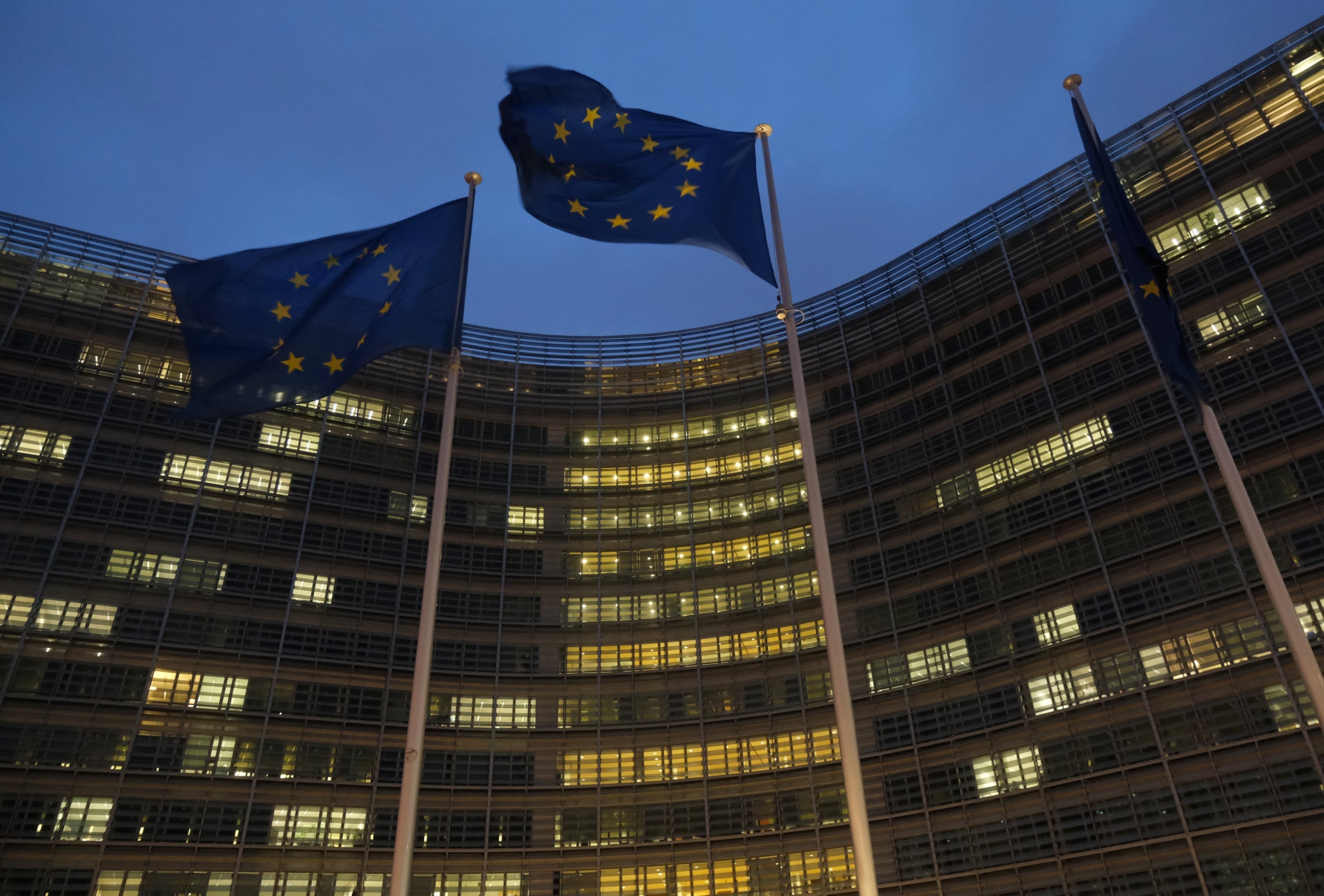Westminster has spent most of this week waiting to hear whether Brussels will delay Brexit again – and if so, for how long. But the EU has had issues of its own to work through with an extension to Article 50 before revealing its hand.
Any decision must be taken unanimously by the 27 EU member states, which presents complications. Ambassadors met during the week to have a first look at the situation. Diplomats say the vast majority of countries were in favour of a three-month extension until 31 January next year.
There were two main justifications behind this stance: one is that it would probably give enough time for an election or the passage of the Withdrawal Agreement Bill through parliament.
The second and overriding reason is that it is probably the “default” extension – in that it was the one specified by the Benn Act. EU member states are worried about getting too involved in British internal political debates and so are drawn to taking the most neutral option possible.
But there have been dissenting voices. France and a few other smaller member states have argued in favour of granting a shorter delay. They are effectively siding with Downing Street, which claimed that it could get the withdrawal agreement through in just a few weeks. Part of the thinking here was that setting a tighter deadline would spur MPs into action when they are faced with the possibility of a no-deal Brexit. This line of thinking also just wants Brexit over and done with so the EU can concentrate its bandwidth on other matters.
The three-month extension had the backing of European Council president Donald Tusk and a big majority of countries, which could also argue that any extension is ultimately a so-called “flextension” – if the withdrawal agreement is ratified before the end of a delay, the UK leaves the EU. This is written into Article 50.
But, as any decision has to be unanimous, a compromise tends to be found. European Council decisions rarely in practice actually come down to a “veto”, as is often suggested in the British press. There is precedent for compromise in Article 50 extensions: in March, France, almost alone, talked member states out of a very long delay until next year, and on to the current October deadline. The October delay was a compromise in that France had wanted an even shorter one.
One thing is clear: no member state is going to veto an extension entirely. Baseless claims back in London that a populist government like Poland or Hungary might oblige are just that – baseless, and ill-informed about how European politics actually works.
Ultimately, a way through will always be found. With trade negotiations looming and no deal not yet completely off the table, the EU wants to maintain its cherished unity.


Join our commenting forum
Join thought-provoking conversations, follow other Independent readers and see their replies
Comments